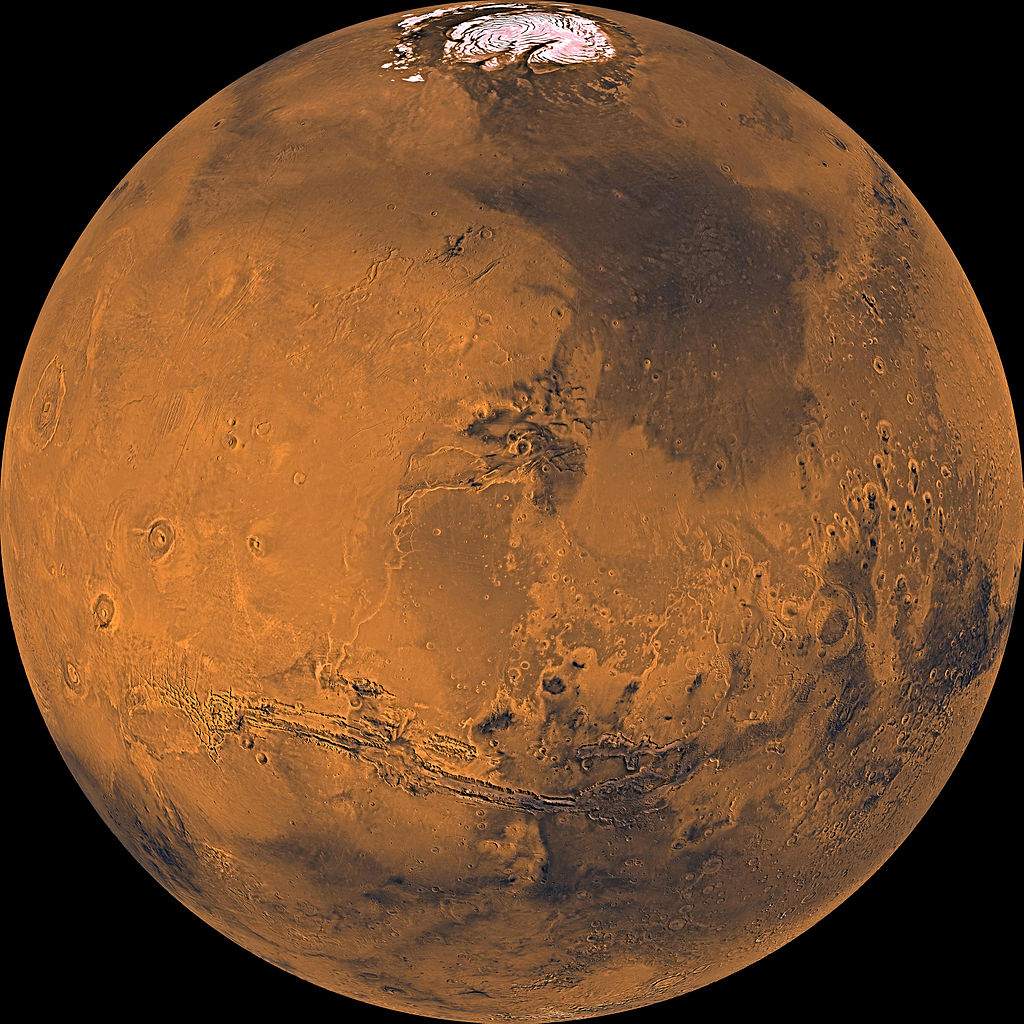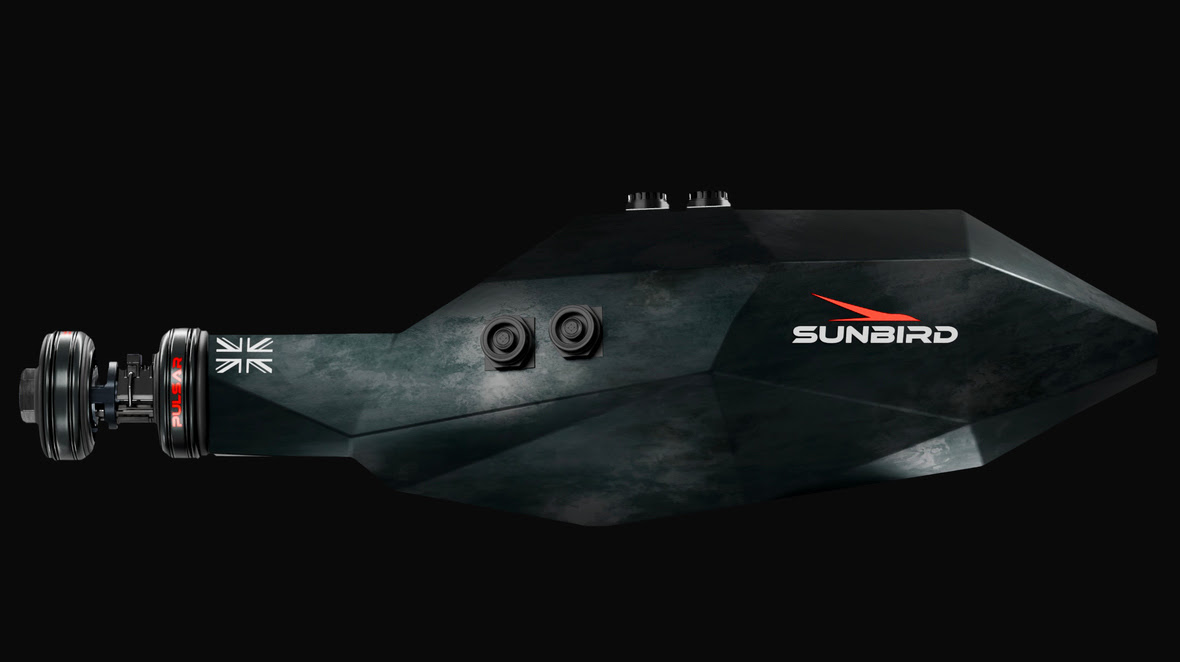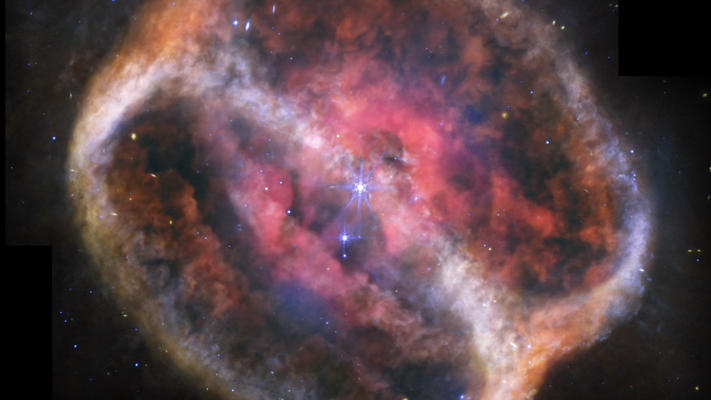
Rocket Lab now has Mars in its crosshairs as well.
The California-based company, which will send a NASA cubesat mission to the moon this fall and aims to launch its own private life-hunting Venus mission in 2023, has been awarded a contract to design the twin spacecraft for NASA's potential ESCAPADE Mars mission.
ESCAPADE, short for "Escape and Plasma Acceleration and Dynamics Explorers," would use two Mars-orbiting spacecraft to study how the planet's atmosphere is stripped away by the solar wind, the stream of charged particles flowing from the sun. The mission could help scientists better understand how and why Mars' climate has changed over time, as the barren planet looks quite different today than in the ancient past when it had a thick atmosphere and, scientists think, plentiful liquid water on its surface.
Related: Mars lost atmosphere to space as life took hold on Earth

Rocket Lab will design the ESCAPADE duo using its Photon spacecraft bus, company representatives announced today (June 15).
"This is a hugely promising mission that will deliver big science in a small package," Rocket Lab founder and CEO Peter Beck said in a statement.
"Planetary science missions have traditionally [cost] hundreds of millions of dollars and taken up to a decade to come to fruition," Beck said. "Our Photon spacecraft for ESCAPADE will demonstrate a more cost-effective approach to planetary exploration that will increase the science community’s access to our solar system for the better."
Get the Space.com Newsletter
Breaking space news, the latest updates on rocket launches, skywatching events and more!
ESCAPADE is one of three finalists selected for further development in 2019 by NASA's Small Innovative Missions for Planetary Exploration program. At least one of the three finalists is expected to make it to the launch pad, agency officials have said.
If ESCAPADE is selected, it will likely fly in 2024 as a rideshare payload aboard a commercial rocket procured by NASA, Rocket Lab representatives said. The space agency has not announced which rocket that would be, or how much the mission would cost.
ESCAPADE was originally slated to launch next year as a rideshare aboard a SpaceX Falcon 9 rocket along with NASA's Psyche asteroid mission. But Psyche's launcher was later switched to a SpaceX Falcon Heavy, resulting in a new trajectory that didn't mesh well with a dropoff at Mars.
We should learn ESCAPADE's fate soon: NASA will perform a preliminary design review of the potential mission this month and a "confirmation review" in July, Rocket Lab representatives said in the same statement.
Rocket Lab is best known for Electron, its 58-foot-tall (18 meters) booster that gives small satellites dedicated rides to the final frontier. But the company is branching out into the spacecraft sector as well with Photon, a flexible satellite bus designed to carry more than 440 lbs. (200 kilograms) to low Earth orbit and more than 88 lbs. (40 kg) on interplanetary missions, according to its specifications page. (Rocket Lab is also developing a much larger rocket called Neutron, which may be ready to fly by 2024.)
Rocket Lab has already launched two test versions of Photon to Earth orbit, and the satellite bus will carry NASA's tiny CAPSTONE ("Cislunar Autonomous Positioning System Technology Operations and Navigation Experiment") spacecraft to lunar orbit later this year. The company also soon plans to use Photon for a privately funded Venus mission or missions, which Beck has said will hunt for signs of life in the planet's atmosphere.
Mike Wall is the author of "Out There" (Grand Central Publishing, 2018; illustrated by Karl Tate), a book about the search for alien life. Follow him on Twitter @michaeldwall. Follow us on Twitter @Spacedotcom or Facebook.
Join our Space Forums to keep talking space on the latest missions, night sky and more! And if you have a news tip, correction or comment, let us know at: community@space.com.

Michael Wall is a Senior Space Writer with Space.com and joined the team in 2010. He primarily covers exoplanets, spaceflight and military space, but has been known to dabble in the space art beat. His book about the search for alien life, "Out There," was published on Nov. 13, 2018. Before becoming a science writer, Michael worked as a herpetologist and wildlife biologist. He has a Ph.D. in evolutionary biology from the University of Sydney, Australia, a bachelor's degree from the University of Arizona, and a graduate certificate in science writing from the University of California, Santa Cruz. To find out what his latest project is, you can follow Michael on Twitter.









